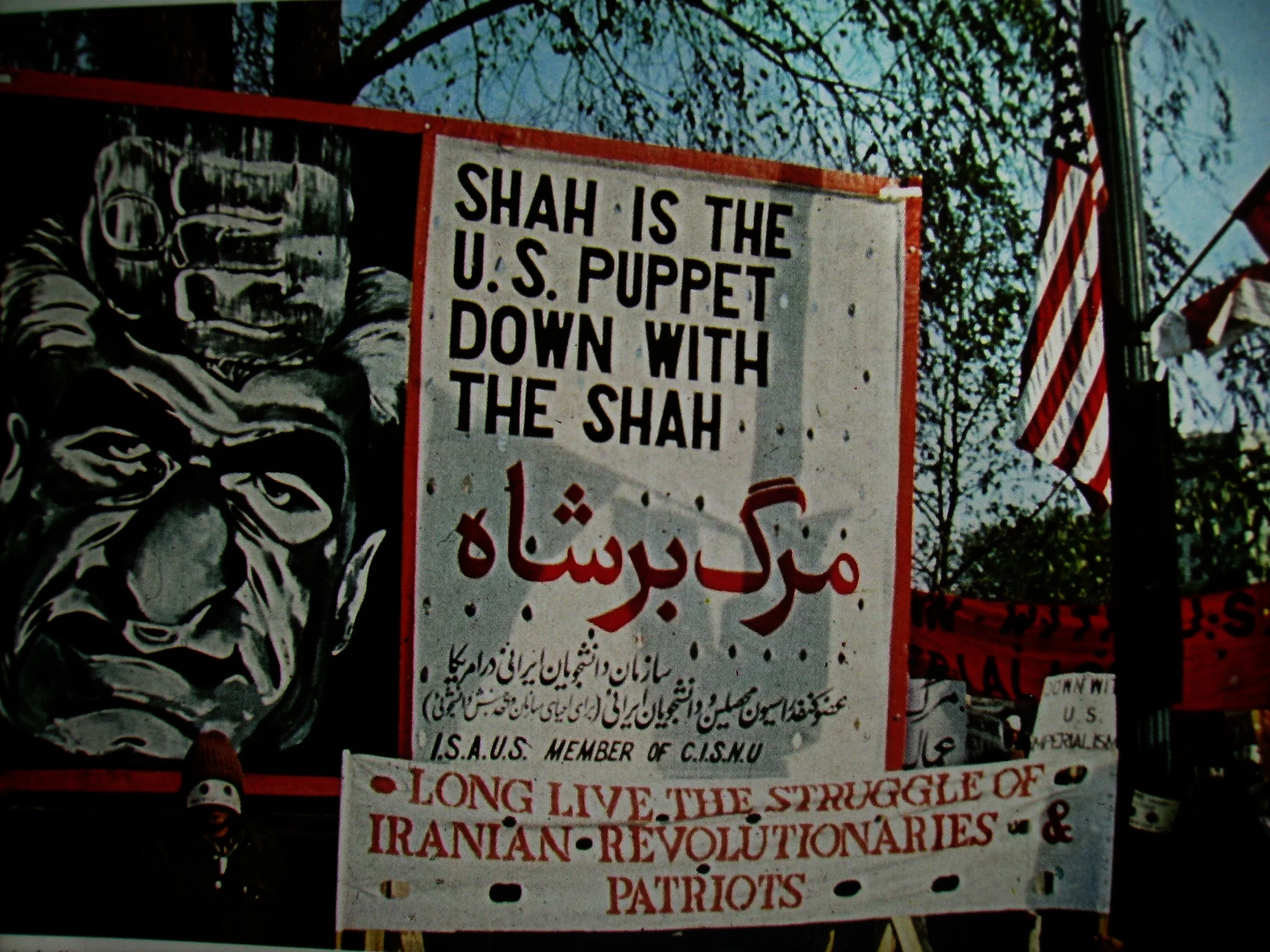The pieces in this volume are staccato in pace, including powerful imagery and flashbacks, and representing a fleeting moment in time, a feeling, a picture, or an idea, rather than a traditional narrative arc that we have come to expect in war writing. Incoming is a volume about individual moments and battles rather than war. In this lies its power and impact.
#Reviewing How Everything Became War
How Everything Became War and the Military Became Everything is an important addition to the professional body of literature on the evolution of warfare, providing readers with ideas on the future of warfare and the required institutions, legal frameworks, and strategies that need to be in place to maintain stability against an increasing number of threats to the post World War II order. While the nature of war has remained unchanged, the character of warfare is continuing to evolve and as Brooks points out, if we fail to act, we run the risk of unraveling the very fragile norms of warfare and human rights developed in that momentous summer of 1945.
#Reviewing Through the Valley: My Captivity in Vietnam
As the United States finds itself once again providing special operations and fire support to a host nation fighting an enemy bent on its destruction, the same psychological pressures and realities faced by Reeder are being confronted by both coalition personnel as well as all manner of people either captured or occupied by the Islamic State. New craters. Old volcanos. And as we continue to pour support into this fight, there comes with it the same human costs that responsible decision makers and leaders would do well to understand.
#Reviewing Consequence: A Memoir
#Reviewing Here, Bullet: Turner’s Trinity of Love, Death, and Poems
Mere description cannot approach the inner essence of the experience of war, but poetry can...Rather than attempting to bridge this insurmountable gap, Turner leads us to the edge, pushing us there without pushing us off. Turner later contends, “I have no words to speak of war.” Instead, he translates bullets, moving from Bismarck’s blood and iron to ink and lead. What follows is a collection of poems infused with “the language of blood,” endowed with experience, taking us to edge, showing us what otherwise cannot be seen, and leaving us there to reflect.
No One Had a Clue: #Reviewing America’s War for the Greater Middle East
The Best Club in the History of the World: #Reviewing The World According to Star Wars
Even if Star Wars objectively is not-so-great as a film series, its enduring themes found in thousands of years of narratives tap into something universal that manages to overcome any creative or other shortcomings. “There’s a deep human desire for common knowledge and common experiences,” he writes. And the hero’s journey is one nearly everyone can relate to. His book also explores human behavior, covering how people succeed, decision-making (freedom to choose, he highlights, is a key Star Wars value), and father-son dynamics. At a high-level, it might be said that Sunstein wrote a book about relationships—how each generation creates ways to connect to the next, how children redeem their parents, and how law develops over time.
#Reviewing Practise to Deceive
Barton Whaley’s Practise to Deceive, a posthumously published work, is not a manual on how to conduct military deception, nor is it a “do-it-yourself” guide for deception planners. It is, however, a valuable resource that will aid the deception planner through discussion and analysis of 88 case studies.
Where Youth and Laughter Go: An Interview with Seth Folsom
[Where Youth and Laughter Go] is worth revisiting. America faces weighty decisions in the years ahead, and Folsom’s experience is instructive. There are limits to what can be done. If you debated the strategy of the surge, or if you believe it didn’t last long enough, or if you believe we ought to go back again, you should read this book.
#Reviewing The Lost Mandate of Heaven: The American Betrayal of Ngo Dinh Diem, President of Vietnam
The Lost Mandate of Heaven: The American Betrayal of Ngo Dinh Diem, President of Vietnam is a must read for policy-makers, and is extremely worthwhile for the military and other governmental agencies. It contains lessons that may assist in stopping a conflict before it starts, or to help manage it once conflict has begun.
#Reviewing Occupied
Climate change caused by human activity is settled science. Implications for the future of public health, the economy, and the global order of states are recognized as a real concern around the world. The European Union is strong, but NATO is not. Mid-East turmoil has compromised oil production there. The United States global hegemony is over. Complete energy independence from the rest of the world has resulted in an isolationist stance wherein the US has withdrawn from NATO as well as her other international obligations. The US remains a seeming world power with respectable military and diplomatic influence, but only grudgingly and apparently by force of reputational versus relational power. This is the scene, but not the story, and the focus is not America.
#Reviewing Mission Creep
[T]he authors deftly present an even-handed view where the Defense Department has expanded into new missions and encroached on the turf of other agencies, but has not done so alone. They contend the increasing militarization of foreign policy was not an overnight change beginning with the George W. Bush administration after 9/11 and accelerated under President Obama. Instead, they describe a consistent and long term process with Congress, the United States Agency for International Development, the Department of State, and other parts of the Executive, all helping in their own unique institutional ways, to facilitate this shift and pull greater power to the Pentagon.
#Reviewing No One Avoided Danger
#Reviewing Tribe
Though [Tribe] is brief, in this enjoyable book readers—whether veteran or not—will walk away with a greater appreciation for the challenges facing those weary from war at their homecoming. Those who study war will also uncover profound wisdom, both in the conduct of war and the care of its combatants. If it is incomplete in the defense of its underlying ideology, it does, however, succeed as a warning, a reminder of the cost of war and a challenge to society cultivate the solidarity that brought us “to this extraordinary moment in our history.” If, as Junger implies, solidarity brought us this crossroads in our history, “it may also be the only thing that allows us to survive it.”
#Reviewing A War
Ultimately, this film is about many things. Stale and hollow storytelling is not one of them. A War is ripe with the chaos that is war. Watching it, one is struck by courage, tragedy, death, grief, and the circumstantial bureaucracy of war. One has thrust upon them the impact of deployment on family, the demands of brotherhood, and its connections beyond the blurred lines of battle.
#Reviewing Imperial Crossroads
Max Weber & Groucho Marx Walk Into A Bar: #Reviewing Victor in the Rubble
Simply, Victor in the Rubble is a delight. It produces that same sense of glee that comes from opening an MRE to find a pop tart perfectly whole rather than smashed into a gazillion crumbles. Alex Finley, a former CIA officer, has crafted a magical satire of the Intelligence Community post-9/11, Iraq, and the 2004 intelligence reforms.
#Reviewing Blood Year: Islamic State and the Failures of the War on Terror
The bottom line is that the rise of ISIS has exposed the weakness of a strategic approach, which, for too long, focused just on neutralizing terrorist plots and killing or capturing senior terrorist leaders. This approach looked and often felt, as if it was proactive—taking the fight to the enemy. But in reality, as the defeats of 2014-15 have shown, it was too narrowly focused to succeed.
#Reviewing A Passion for Leadership
From the autumn of his lifetime in public service, Gates offers a final lesson for reformers. When the ideas for change stop flowing, leave. “The reality of reforming bureaucracies is that when a leader thinks he is done, he probably is done.” This is a straightforward statement, but its implications are radical: leadership is reform, and reform should be constant.
#Reviewing Shanghai 1937 and Nanjing 1937
One of the more egregious omissions in Western scholarship has been the treatment of China’s great War of Resistance, waged against Japan from 1937 to 1945. Given the countless volumes written about other campaigns of World War II this omission is inexcusable; this was, after all, not only a war American soldiers and spies participated in, but the ultimate reason Americans were involved in the Second World War in the first place. Fortunately, our picture of China’s part in World War II has brightened considerably over the last decade...Books focused on individual campaigns are just now being written and published. Peter Harmsen...is at the forefront of the effort to tell the story of China’s experience in World War II from the perspective of the soldiers who fought it.





















